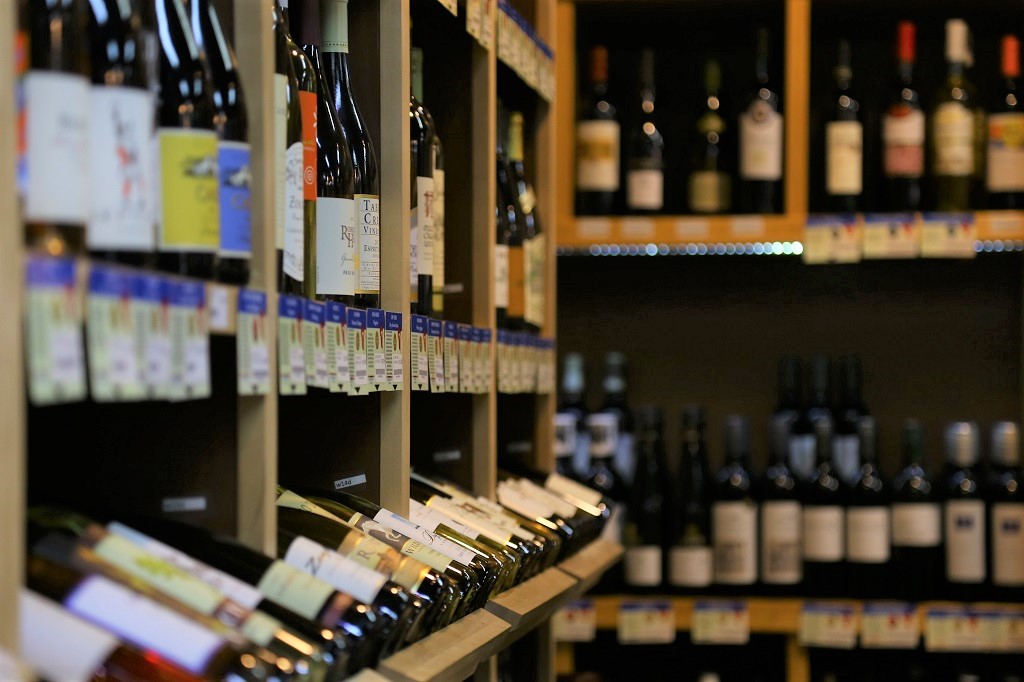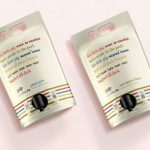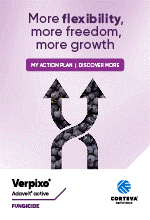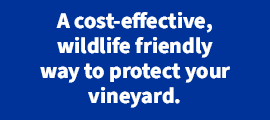The New Zealand government passed new legislation yesterday on the Sale & Supply of Alcohol Act (Community Participation) Bill, intended to reduce alcohol harm and ensure the voices of communities are heard in alcohol licensing decisions. But industry group New Zealand Alcohol Beverages Council (NZABC), say the changes will not reduce alcohol harm, and instead negatively impact responsible business operators.
“This new legislation is meant to give communities greater say over who gets a license in their area. Except the legislation will not do this. In fact it will probably make it harder for communities to have a say,” said Virginia Nicholls, executive director at NZABC.
Throughout the country these processes are determined by District Licensing Committees (DLCs) in keeping with the relevant Local Alcohol Policies (LAPs). The legislation is focused on the process an entity goes through to apply for a new license or renew an existing license.
“This will now allow individuals or groups outside a region to object to a licence in another part of NZ. This goes against the sentiment for a community to decide on their own local requirements,” said Nicholls. “This will result in an increased number of licensing hearings which will be longer and more involved, with higher costs for participants.
“The problem lies in the changes, which instead of addressing alcohol-related harm, will significantly impact responsible business operators and exaggerate existing problems with the current licensing process.”
One of NZABC’s concerns is that the changes will effect existing businesses.
“A neighbourhood restaurant which has operated responsibly for years, may find themselves under the new legislation, having their license refused because a new medical centre has opened along the road.”
“The legislation removes the parties ability to appeal Local Alcohol Policies (LAPs) to the Alcohol Regulatory Licensing Authority (ARLA) which will restrict the appeal rights in the community. This ignores the ability to challenge decisions that unduly impact trading rights or may not be based on evidence.”
“Removing the appeal provisions will not necessarily speed up the LAP process since most delays are caused by the use of legitimate judicial reviews which have nothing to do with the current Act”.
NZABC believe that the legislation has not balanced the different community groups including small business owners, beer, wine and spirit suppliers, and those who consume beer, wine and spirits safely and responsibly.
“Since 2010 the number of licences nationwide has declined by more than 23%,” said Nicholls, referencing figures from the February 2010 Law Commission Report and the Alcohol and Regulatory Licensing Authority in 2022.
Referring to information from StatsNZ Infoshare, Nicholls claimed that “the vast majority of New Zelanders drink responsibly.”
“New Zealanders are drinking 25% less now than they did in the late 1970s. Further, harmful drinking – particularly among younger drinkers – has also fallen,” said Nicholls.
Justice Minister Ginny Andersen explained the motivations for changing the legislation.
“The Sale and Supply of Alcohol Act 2012 introduced by the previous National government has contributed to the silencing of community voices and favouring of those with interests in the alcohol industry,” said Andersen.
“We know many communities are struggling with the widespread and damaging effects of alcohol-related harm. By changing the law in this way, we are empowering communities to have their say.”
The Bill allows any person or group to object to a licence application, with a narrow exception for trade competitors, and extends the timeframe for objecting, to give people more time to prepare evidence. Previously, only a small group of people with specific interests could object.
Are you a Daily Wine News subscriber? If not, click here to join our mailing list. It’s free!





















